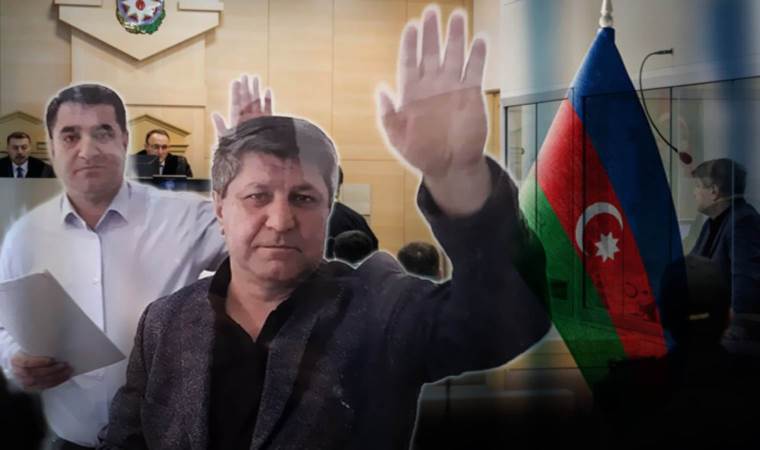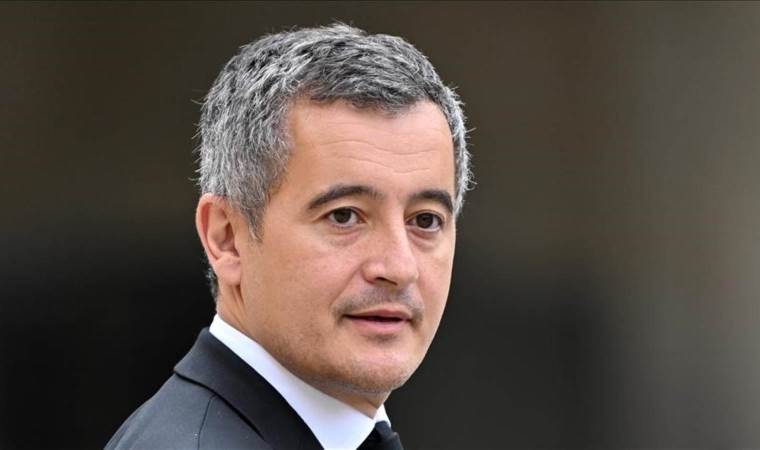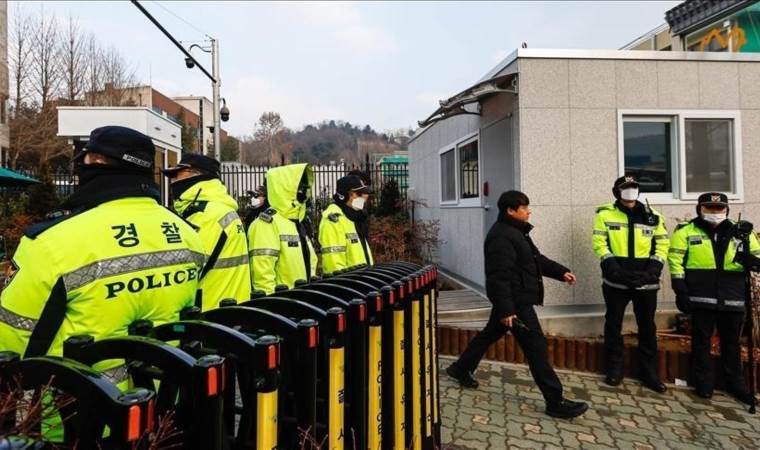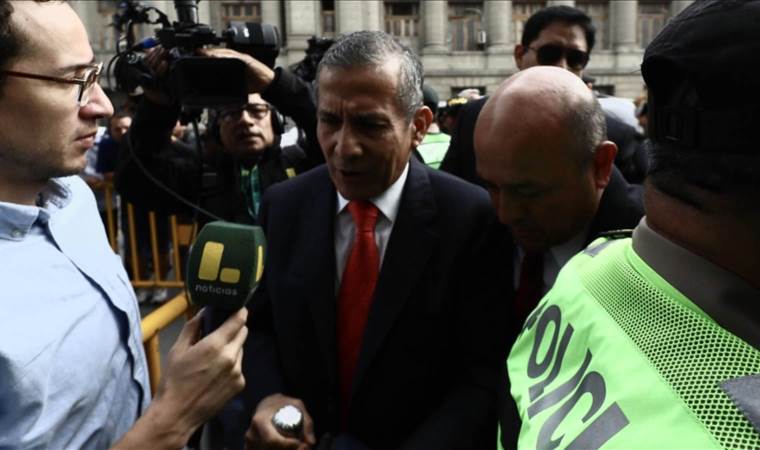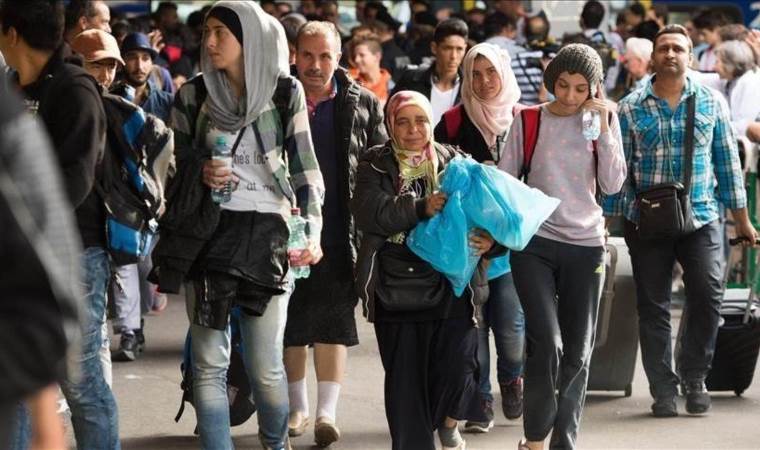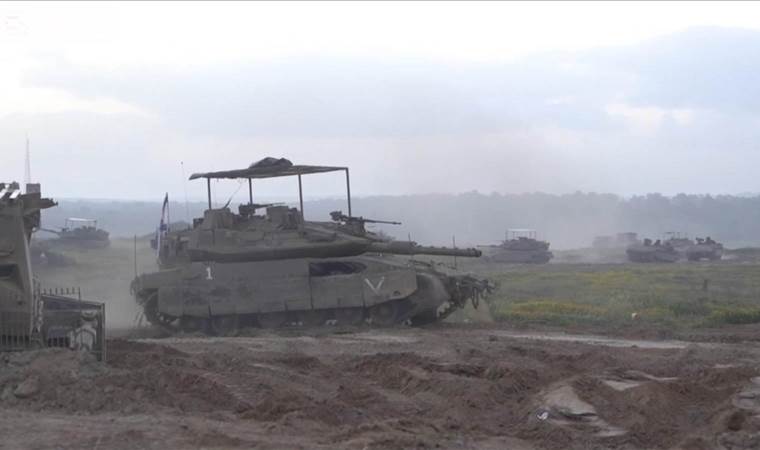Authors Columns of the Day Sport Guest Life All Authors
The government does not want détente or normalization!
At the AKP's Kızılcahamam camp, Erdoğan commented on the so-called “softening process” in the political atmosphere.
Some of the headlines were reported in the media as follows:
“We will not give way to the attempts to breach the walls of the AK Party and the People's Alliance.”
“We will not compromise our identity, stance and red lines just to soften our stance.”
“We hope that the détente in politics, which has raised the hopes of our nation, will not have a ‘butterflies lifespan’ this time.”
“The progress of politics, especially the opposition, on a destructive, corrosive and marginalizing ground will bring harm, not benefit, to Turkiye.”
***
Two days after this speech, the DEM Party mayor of Hakkari was dismissed and a trustee was appointed in his place.
TURKSTAT announced annual inflation at its peak at 75.45 percent. ENAG calculated it at 120.66 percent.
In fact, the speech emphasized that the government, which has based its 22-year policy on “enmity” and “conflict”, does not look favorably on the processes of “softening” and “normalization”.
***
At this point, a small reminder to our dear readers is in order:
The leader who initiated the “softening” or “normalization” process was not Erdoğan, but CHP leader Özgür Özel, who went to visit him.
CHP leader Özel stated that this attitude and behavior was a product, a result of the CHP's strategy of seeking reconciliation with all segments of society.
As a matter of fact, he openly declared that the initiative in this regard came from him.
But unfortunately, the government's response to this attitude and behavior, despite the fact that it emerged as the second party in the March 31st elections, was only in words, but never in substance with the intention of such normalization or softening:
The Ministry of Education announced the Maarif Program, which would implement religious, dogmatic education in the harshest way possible.
It attempted to ban retired soldiers from giving speeches, even though it later withdrew it in the face of backlash.
He gave the right to declare mobilization to the president alone.
He drafted a proposed regulation that would accuse all members of the media of espionage under the name of “Influence Agent”.
On animal rights, he prepared a law that “recommends killing” stray animals, renaming the act as "putting to sleep"
In summary, the government's attitude after the March 31st elections can be defined as “hardening” rather than “softening”, “becoming more abnormal” rather than “normalizing”.
***
But does the government have “red lines” and if so, what are they?
Looking at 22 years of governance, there is no attitude of this government that can be described as a “red line” in domestic and foreign policy:
Domestically, there is the “Kurdish Initiative”; externally, there are 180-degree policy reversals on issues such as Assad, Pastor Brunson, Journalist Deniz Yücel and the Libya crisis.
In my opinion, the government has only one “red line”:
To maintain its power as a State of Personality Regime.
The processes of “softening” and “normalization” will be meaningful for the government only to the extent that they are in line with this red line.
Yazarın Son Yazıları All Columns
Günün Köşe Yazıları
Most Read News
-
 Journalist Avaz Zeynalli diagnosed with cancer in prison
Journalist Avaz Zeynalli diagnosed with cancer in prison
-
 ‘No reason for gram of food or aid to enter Gaza’: Israe
‘No reason for gram of food or aid to enter Gaza’: Israe
-
 French justice minister labels prison attacks as ‘terror
French justice minister labels prison attacks as ‘terror
-
 South Korean police raid presidential office over martia
South Korean police raid presidential office over martia
-
 Peru's ex-President Humala, wife sentenced to 15 years f
Peru's ex-President Humala, wife sentenced to 15 years f
-
 European Commission proposes 1st list of safe countries
European Commission proposes 1st list of safe countries
-
 Trump administration eyes closure of nearly 30 US embass
Trump administration eyes closure of nearly 30 US embass
-
 Trump says China withdrawn from Boeing deal
Trump says China withdrawn from Boeing deal
-
 EU’s von der Leyen: ‘The West as we knew it no longer ex
EU’s von der Leyen: ‘The West as we knew it no longer ex
-
 Israel says its army to remain in Gaza in ‘any temporary
Israel says its army to remain in Gaza in ‘any temporary

